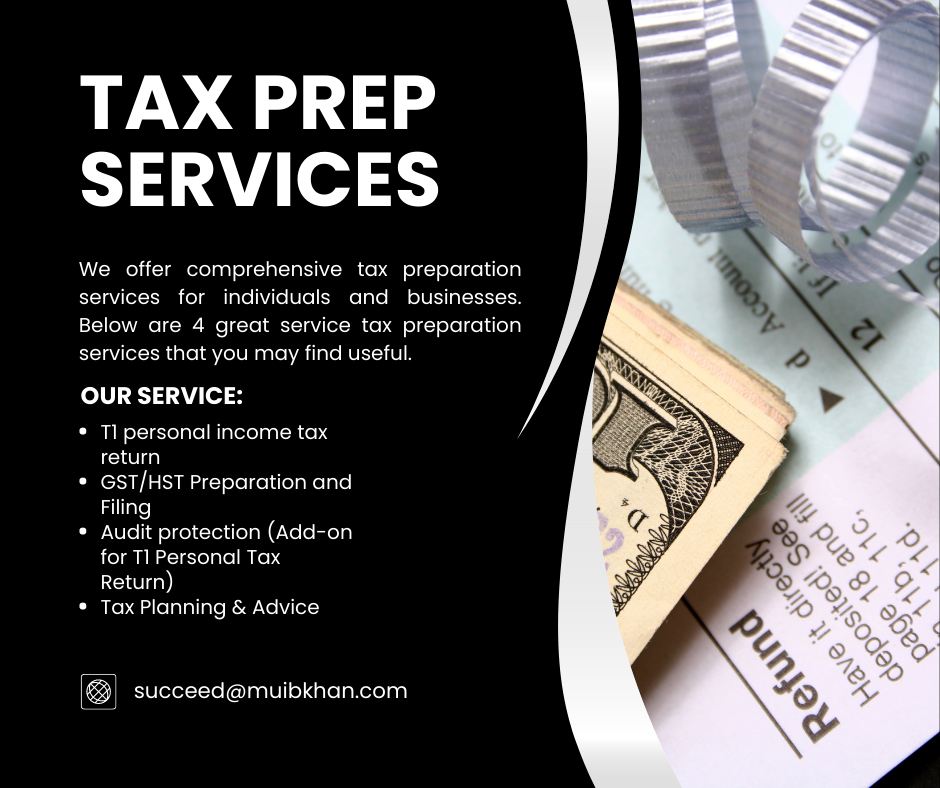Streamlining Your Accounting Function with Cloud Accounting

Accounting has come a long way from the days of labor-intensive manual record-keeping. Technology has ushered in a new era of efficiency and convenience, particularly for Canadian businesses. The rise of cloud accounting has revolutionized financial management, offering a host of benefits. In this article, we will explore the advantages of transitioning to cloud accounting and provide insights into its implementation.
The Benefits of Cloud Accounting:
Transitioning from traditional paper-based methods to cloud accounting brings forth a multitude of benefits. Businesses can enjoy enhanced accuracy, streamlined financial processes, cost and time savings, strengthened security, data protection, improved collaboration, and seamless integration. By harnessing the power of cloud accounting platforms, businesses can elevate their financial management to a whole new level.
Understanding Cloud Accounting:
Cloud accounting entails the digitization and automation of financial record-keeping processes. Businesses can leverage specialized software or platforms to manage their accounting tasks, such as recording income and expenses, tracking invoices and receipts, and generating real-time financial reports. This shift from manual paperwork to digital solutions allows for greater convenience and efficiency in maintaining financial records.
Key Features and Advantages of Cloud Accounting:
Cloud accounting provides businesses with a wide range of features and advantages, including:
Automated Data Entry: Say goodbye to manual paperwork. Cloud accounting simplifies data entry by allowing businesses to directly import and categorize transactions. Invoices, receipts, and financial documents can be seamlessly incorporated into the digital system, eliminating time-consuming manual data entry.
Automating Income and Expense Tracking: Income and expense tracking become a breeze. Businesses can automate this process by linking their bank accounts and credit cards to the accounting software, saving time and ensuring accuracy.
Efficient Management of Invoices and Receipts: Managing invoices and receipts is streamlined. Businesses can create, send, and track invoices online, reducing the chance of overlooked payments. Digital receipts can be easily captured and organized, making expense tracking more efficient.
Real-time Financial Updates and Reports: Cloud accounting allows access to real-time financial updates and reports. Businesses can instantly generate financial reports, providing valuable insights for informed decision-making and enabling them to stay on top of their financial performance.
Eliminating Human Error: Automation significantly reduces the occurrence of human errors, ensuring that financial reports are reliable and that decision-making is based on precise information.
Centralized Storage and Easy Access to Financial Data: Cloud accounting offers centralized storage for financial data, accessible at any time, from anywhere. Digital storage enhances efficiency and allows for seamless collaboration between team members.
Advanced Categorization and Tagging: Transactions can be grouped and tagged based on various criteria, enabling a deeper understanding of financial patterns and more strategic decision-making.
Time and Cost Savings: One of the most significant advantages of cloud accounting is the time saved on laborious paperwork. Automation eliminates the need for manual data entry and physical document management, allowing businesses to focus on core operations and growth strategies.
Reduced Physical Storage Needs: Cloud accounting eliminates the need for physical storage space for financial documents, reducing costs and minimizing the risks of document loss or damage.
Cost-effective Alternative: Cloud accounting provides a cost-effective alternative to hiring an in-house bookkeeper. Businesses can invest in affordable online solutions that offer comprehensive financial management capabilities.
Enhanced Security: Cloud accounting platforms offer a higher level of security and protection for financial data. Digital records are safeguarded against physical vulnerabilities and can be encrypted and protected from unauthorized access.
Compliance with Data Protection Regulations: Cloud accounting services adhere to data protection regulations, ensuring that businesses' financial data is handled in a compliant manner.
Collaboration and Integration: Cloud accounting platforms promote collaboration among multiple stakeholders within a business, allowing for secure sharing and access to financial data. Integration with other financial tools and software streamlines business processes.
Choosing the Right Cloud Accounting Software:
When choosing cloud accounting software, businesses should consider factors such as user-friendliness, integration capabilities, automation features, scalability, pricing, and alignment with long-term goals.
Adapting to cloud accounting is essential for staying competitive and efficient in today's digital era. The advantages of accuracy, organization, time and cost savings, security, collaboration, and seamless integration offer businesses a means to optimize their financial management processes and achieve their goals more effectively.
By embracing cloud accounting, Canadian businesses can take a significant step toward enhanced financial management and long-term success.
